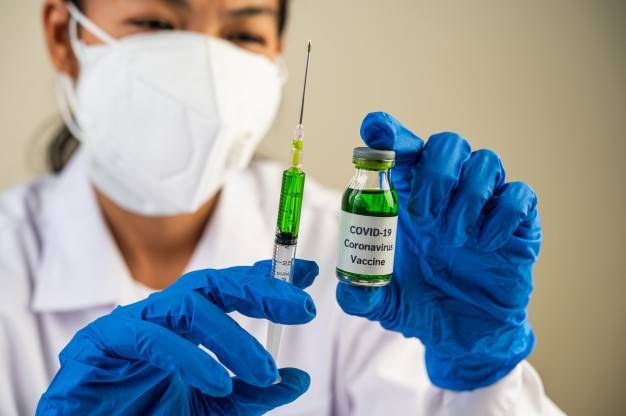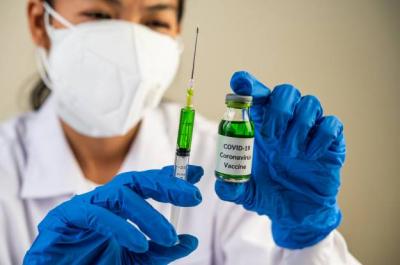Studies have indicated that if you have a cold, it is unlikely you will be infected with another illness like the flu at the same time. In light of this, there were some speculations that developing antibodies to one of the less harmful coronaviruses would protect the body from contracting the novel coronavirus.
However, a new study has sadly found that this may not be entirely true. Researchers from the University of Pennsylvania state that antibodies to seasonal coronaviruses that cause colds and the flu do not help in preventing the current global viral pandemic. The lead author of the study, Dr. Scott Hensley, mentioned that previous studies suggested that seasonal antibodies to coronaviruses could fight the novel coronavirus. Still, this new study discovered that while some of these antibodies might target multiple strains of coronaviruses, they do not have the ability to completely stop the novel coronavirus.
Dr. Hensley, an assistant professor of microbiology at the Perelman School of Medicine, stated, "We found that many people have antibodies that can bind to the novel coronavirus even before the pandemic began, but these antibodies were not able to prevent infection. Although antibodies from prior infections with other coronaviruses cannot prevent infection with the novel coronavirus, it is possible that pre-existing memory B cells and T cells provide a certain level of protection or at least reduce the severity of disease symptoms, but more studies need to be conducted to test this hypothesis."
During the study, researchers examined hundreds of blood samples taken before the onset of the viral pandemic. They discovered that over 20% of the samples contained "reactive" antibodies against coronaviruses. These blood proteins were found to bind with common seasonal coronaviruses as well as key regions of the novel coronavirus. In one analysis of 431 blood samples, taken from 263 children at the Children's Hospital of Philadelphia and 168 adults at Penn Medicine Biobank, Dr. Hensley’s team found that these reactive antibodies could stick to the spike protein or the nucleocapsid protein of the novel coronavirus, which are the two main points through which the immune system can access the virus.
Additionally, the researchers examined old blood samples from 251 individuals who had contracted the novel coronavirus and matched these samples with 251 individuals who had not contracted the virus. They again found that about 20% of the antibodies present in the pre-pandemic group reacted well with the novel coronavirus and attacked the same viral proteins. Nevertheless, these antibodies were found in similar quantities in both infected and uninfected groups. This led researchers to believe that old antibodies from other coronaviruses are ineffective against the novel coronavirus.
Furthermore, Dr. Hensley’s team noted that the group that had been infected with the novel coronavirus did not show any benefits from having reactive antibodies regarding the severity of their infection. They did not exhibit lower death rates or reduced need for intensive care visits or the use of ventilators. It is worth noting that antibodies have been a major focus in studies by many researchers interested in the novel coronavirus. The fact that seasonal coronaviruses, which cause colds and regularly circulate in the population, have been suspected of providing partial immunity against the novel coronavirus has also been widely discussed. However, this new study found that something else might be protecting these individuals, not their prior infection with colds or other seasonal coronaviruses.




